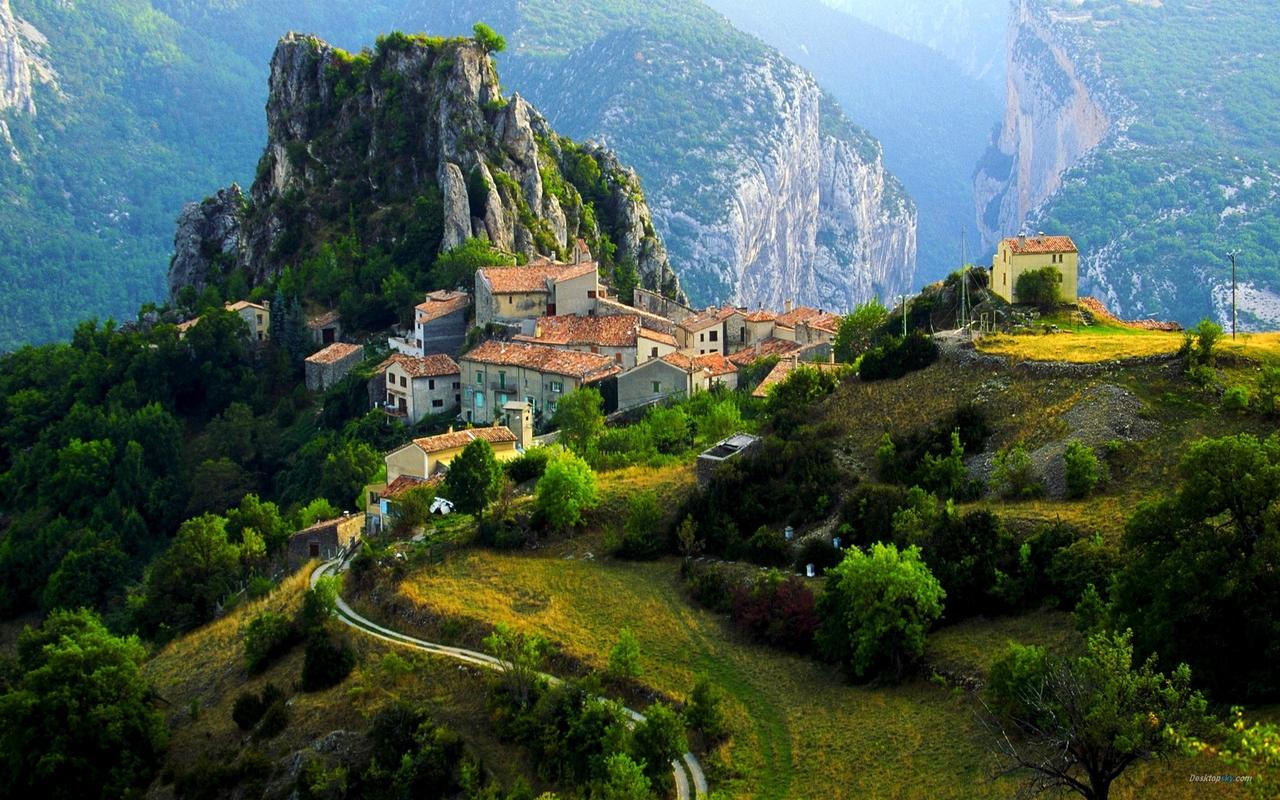Uncovering the Significance of Cultural Heritage Sites
Cultural heritage sites are the remnants of our past that preserve unique elements of our history, art, traditions, beliefs, and lifestyle. These sites serve as a window through which we can learn about the way our ancestors lived and gain an understanding of how we came to be the people we are today. The importance of these cultural heritage sites cannot be overemphasized as they are valuable resources for us to explore and safeguard.
The reasons for the significance of cultural heritage sites are numerous and diverse. First and foremost, these sites hold a special place in our hearts and minds because we value our ancestry and our culture. People of all ages and backgrounds make pilgrimages to places where they believe their roots lie, connecting with the past and discovering more about their cultural identity.
Moreover, cultural heritage sites contribute to advancing our knowledge and understanding of the world. These sites provide insight into the evolution of society and the development of various forms of art, architecture, literature, music, and science that are vital to our culture. We can learn about the scientific advancements made by our forefathers, the architectural styles and engineering tricks used to construct historic buildings and monuments, and the history of our ancestors.
Cultural heritage sites also have a positive impact on our economy. They attract tourism and create jobs for local communities, not just as tour guides and hoteliers but also as artisans and craftsmen who re-create traditional crafts and artwork lost in the mists of time. Preservation and promotion of these sites have also been important in establishing sustainable development to benefit future generations.
Despite the value of cultural heritage sites, they are at risk of being destroyed or damaged by war, natural disasters, neglect, development pressures, or even intentional destruction. Thus, it’s crucial to conserve and protect these sites through every possible means, including administrative, legal, and economic approaches such as UNESCO’s World Heritage Convention.
In conclusion, cultural heritage sites are an invaluable part of our past, present, and future. They provide us with an opportunity to learn about ourselves and connect with our past, to explore the evolution of society and civilization, and to contribute to sustainable development. For these reasons, efforts must be made to preserve these sites and educate others on their significance. So, it’s time to start a journey to explore these sites, preserve them for our future generations, and learn from them.
(Note: Do you have knowledge or insights to share? Unlock new opportunities and expand your reach by joining our authors team. Click Registration to join us and share your expertise with our readers.)
